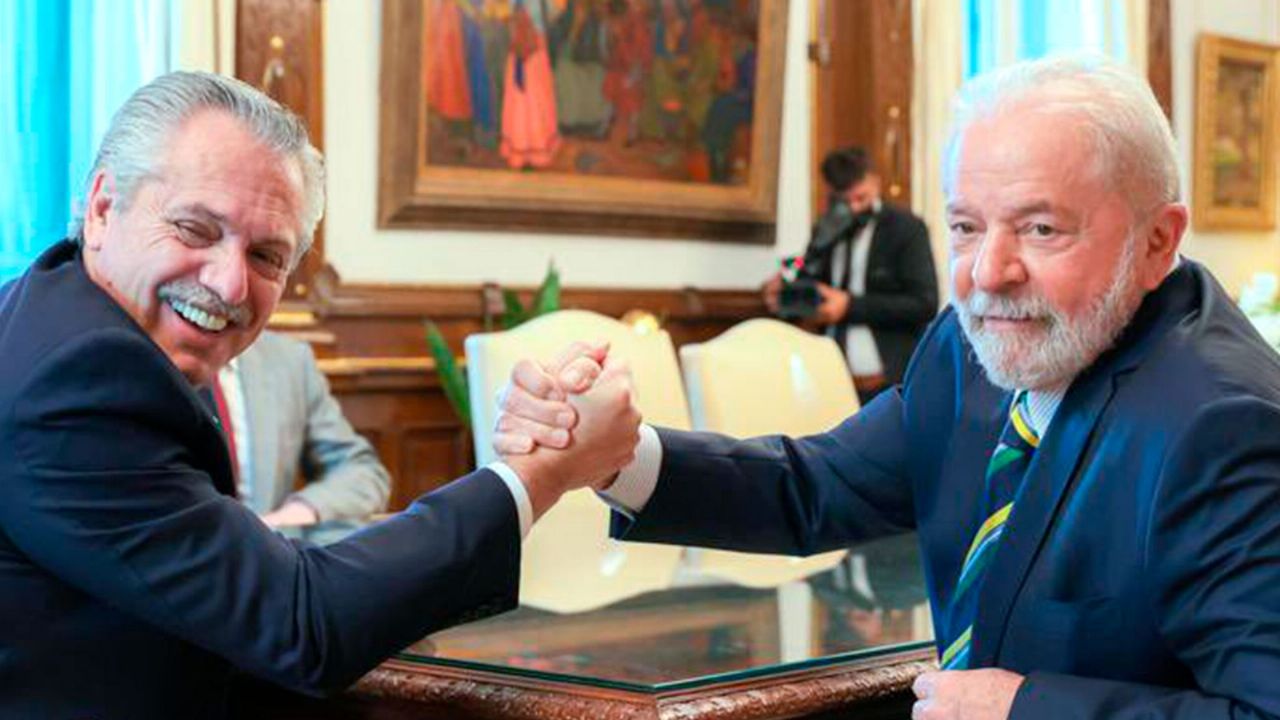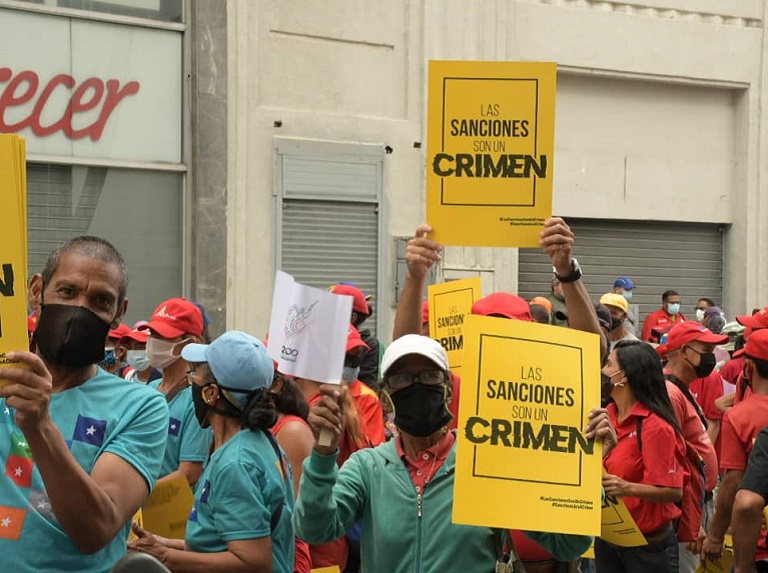The president of Brazil since January 1, Lula da Silva, together with his Argentine counterpart, Alberto Fernández, will meet the following day 24 to participate in the Summit of the Community of Latin American and Caribbean States (Celac). For this reason, the Brazilian president will arrive tonight in Buenos Aires to be at the conference that has the Argentine head of state as pro-tempore president. However, they also announced their interest in creating a common currency.
The day before the Celac Summit, Lula da Silva will meet with Fernández in what will be his first trip as Brazilian president and it is presumed that it will be at that moment that the start of the process of creating a common currency between the two countries, until now, called South.
It would not be the first time that the leaders of Brazil and Argentina raise their intentions to legislate a new common currency as is the euro for the countries of the European Union. Former presidents Jair Bolsonaro (Brazil) and Mauricio Macri (Argentina) intended to carry out this exchange measure, but on the part of the Brazilian banks there was distrust in making a treaty with the most particular economy in the world, Argentina.
This Actual weight it would work in parallel to the Argentine peso and the Brazilian real and should stimulate trade between the two nations, reducing the use of and dependence on the US dollar for international transactions. For years the two South American countries have mutually benefited from trade, both exports and imports and This measure, which will be suggested for the other countries of the southern cone, could represent close to 5% of global trade, being the second largest common currency, only behind the euro.

Pepe Mujica’s proposal
The former president of Uruguay, José Pepe Mujica, launched a regional integration initiative for the countries of Latin America, Chile, Argentina, Brazil and Uruguay itself. This project consists of carrying out a long-term political agenda that, mainly, fights for sovereignty in the mentioned territories, together with the creation of a flag for the association and a regional anthem.

The immediate advantages would be that citizens can move freely through Alberto Fernández’s Argentina, Gabriel Boric’s Chile, Lula da Silva’s Brazil and Luis Lacalle Pou’s Uruguay, without the need for a passport, also generate the scenario of the Great Homeland dreamed of by the liberators of America, José de San Martín and Simón Bolívar, Lastly, having an economic block superior to Mercosur that allows us to be better positioned when negotiating with other regions.
















